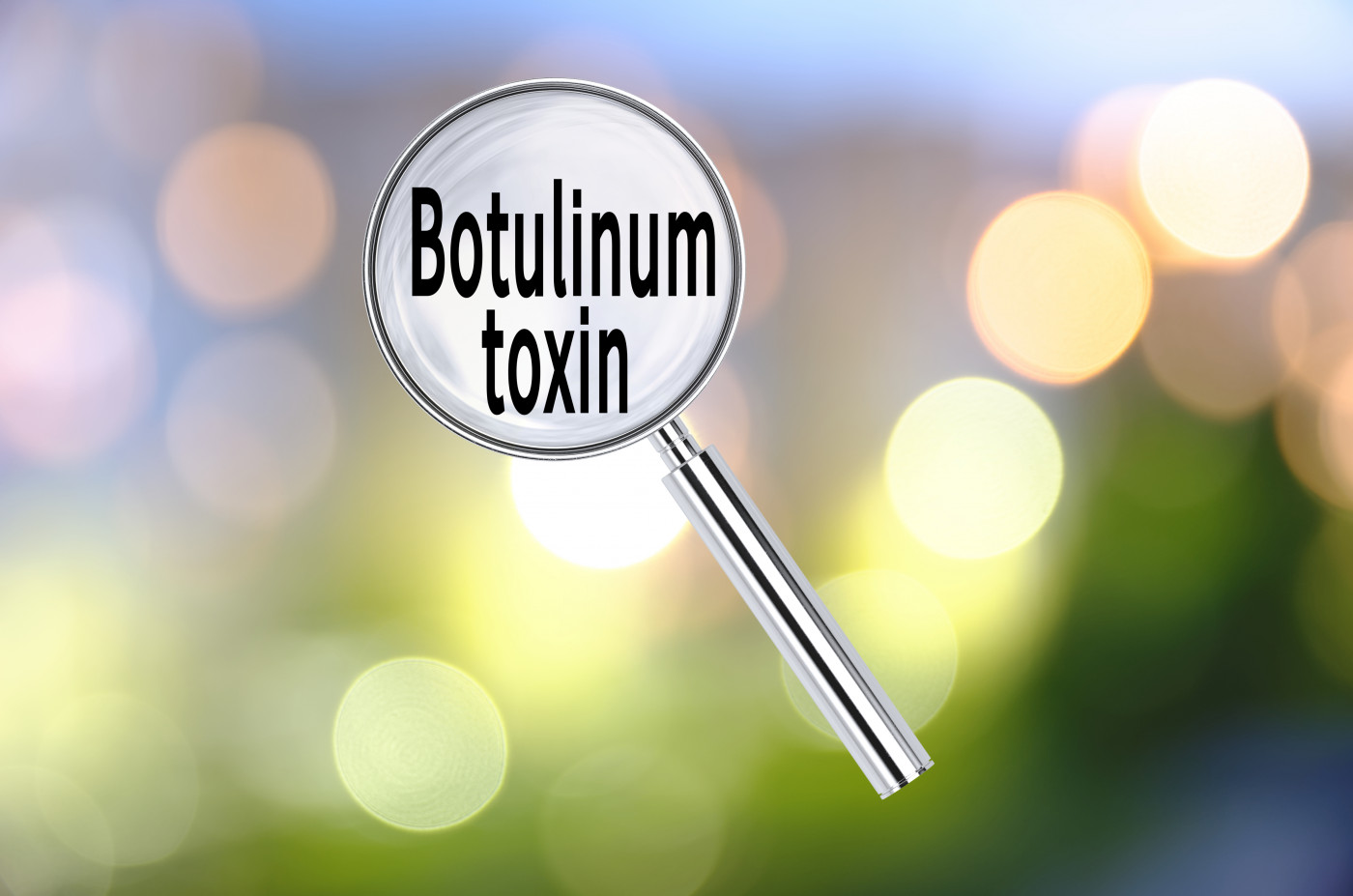FDA Approves Myobloc, Injection Treatment for Chronic Drooling
Written by |

Myobloc (rimabotulinumtoxinB) injections are approved by the U.S. Food and Drug Administration (FDA) to treat adults with chronic sialorrhea, or drooling, a condition often experienced by Parkinson’s patients.
Myobloc, marketed by US WorldMeds, is the first botulinum toxin type B approved for use in sialorrhea. Injections are given by healthcare professionals directly into two of the major glands producing saliva, the parotid and submandibular glands.
According to US WorldMeds, a single dose can significantly reduce drooling within one week of treatment and and remain effective for up to three months.
Sialorrhea, or drooling, refers to saliva in such excess that it spills from the mouth. This is a common and bothersome symptom of neurological disorders like amyotrophic lateral sclerosis (ALS), cerebral palsy, and stroke, and it affects up to 75% of all Parkinson’s patients.
“Sialorrhea can be highly distressing for patients and their caregivers and can have a significant, negative impact on quality of life. If left untreated, pooling of saliva can lead to irritation of the skin around the mouth, oral hygiene complications, speech difficulties, and sleep interruption,” Stuart Isaacson, MD, director of the Parkinson’s Disease and Movement Disorder Center of Boca Raton Regional Hospital, said in a news release.
“These impacts can leave patients with compromised physical wellbeing, as well as feeling embarrassed by their condition, causing a lack of confidence and isolation,” Isaacson added.
Myobloc works by blocking the transmission of certain nerve signals to muscles and salivary glands. Specifically, it inhibits the release of the neurotransmitter acetylcholine, a chemical substance involved in the activation of the sweat and salivary glands.
Myobloc has already been approved, as intramuscular injections, to treat the abnormal head position and neck pain that occurs in adults with cervical dystonia.
Its approval for chronic sialorrhea came under a supplemental Biologics License Application (sBLA) that was supported by clinical trials, including a multicenter Phase 2 efficacy and safety study (NCT00515437) in 54 Parkinson’s patients with sialorrhea.
The trial met its primary efficacy goals. There was a significant reduction in saliva production and attenuation of symptoms, in a dose-dependent manner, four weeks after a single Myobloc’s injection compared to placebo.
An open-label phase of the study also demonstrated safety and effectiveness over time, with the injection treatment given for about one year. Some adverse events, specifically gastrointestinal ones, were more common in patients using Myobloc than placebo (31% vs. 7%). The most frequent side effect reported was dry mouth.
No serious adverse events were attributed to the medicine, and no patients discontinued its use due to treatment side effects.
“We are committed to helping patients who struggle with confidence due to their sialorrhea. This new indication for Myobloc offers a fast-acting and proven treatment,” said P. Breckinridge Jones, CEO of US WorldMeds.
“We are proud to support health care providers with an option that can have such a positive impact on the lives of patients and their caregivers,” he added.





